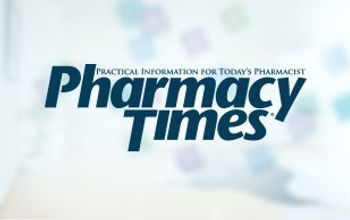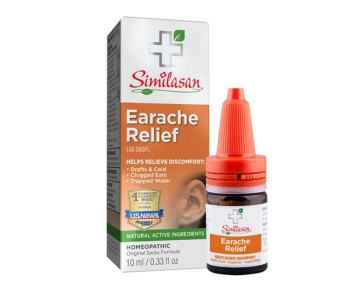
Similasan Earache Relief drops are recommended for earache discomfort, clogged ears, and trapped water.

Similasan Earache Relief drops are recommended for earache discomfort, clogged ears, and trapped water.
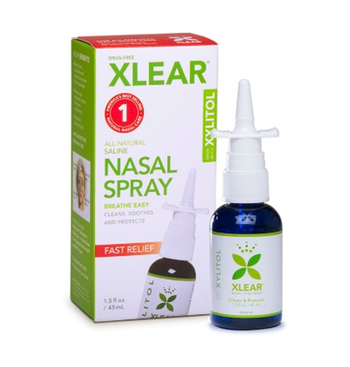
Xlear treats sinus pressure and congestion caused by colds, flu, allergies, pollen, and post-nasal drip.
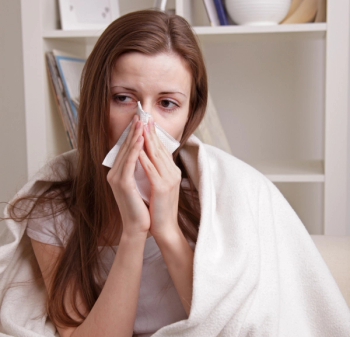
When assessing treatments for flu and cold symptoms, it is important for the pharmacist to consider not only the patient’s current medication regimen, but also other OTCs and disease states.
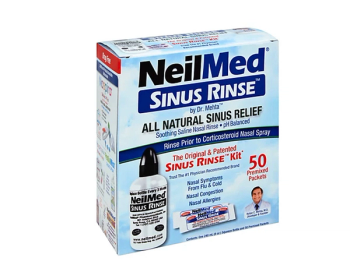
NeilMed Sinus Rinse Kit treats stuffy nose, post-nasal drip, dryness inside the nose and nasal passages, or nasal irritation caused by colds, flu, allergies, or pollutants.
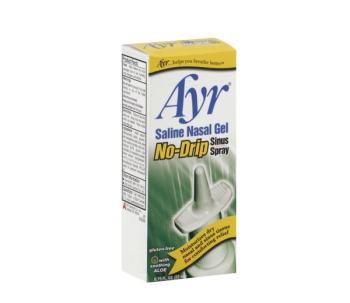
Ayr helps add moisture inside the nose to dissolve and soften thick or crusty mucus.

Help patients prepare for these winter ailments and choose the appropriate nonprescription medications.
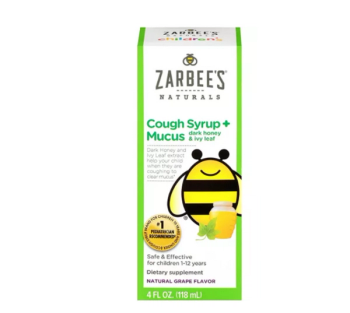
Zarbee’s contains vitamin C, vitamin D, and zinc.
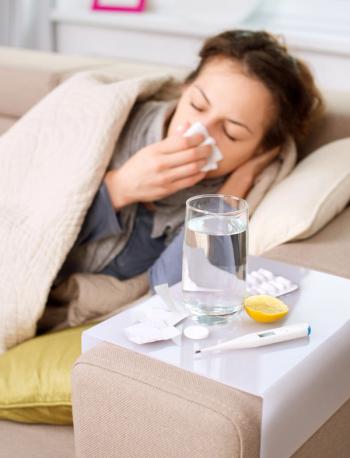
Pharmacists can advise patients on treatments to find relief from these common winter ailments.
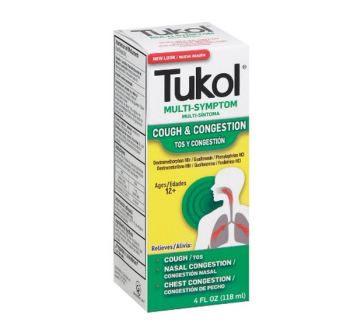
Tukol helps loosen mucus and thin bronchial secretions to drain bronchial tubes.
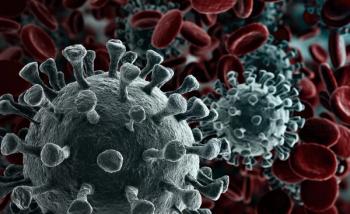
Experts from the Infectious Diseases Society of America recommend enhanced protection measures against the Omicron COVID-19 variant.

A few key points differentiate between the symptoms of a cold, flu, or possible COVID-19 infection.

Joanna Lewis, PharmD, MBA, discusses practical considerations when selecting over-the-counter medications to treat common cough, cold and flu symptoms.
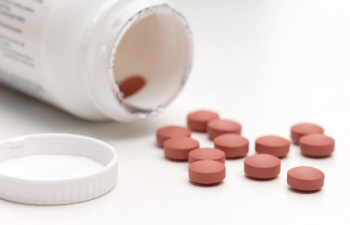
RSV causes an estimated 14,000 deaths and 177,000 hospitalizations annually among US adults over 65 years of age.
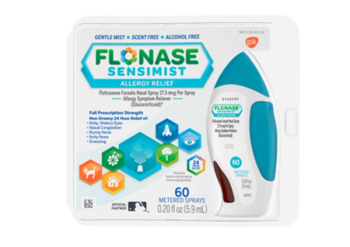
Nonprescription fluticasone nasal spray is used to relieve symptoms of rhinitis, such as sneezing and itchy, watery eyes.
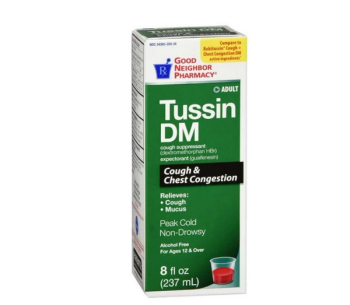
Tussin DM helps loosen phlegm and thin bronchial secretions to help drain bronchial tubes.
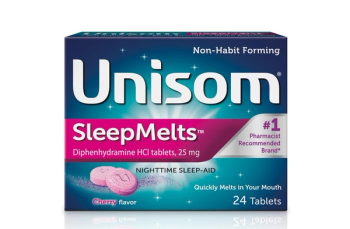
Unisom is an antihistamine that reduces the effects of natural chemical histamine in the body.
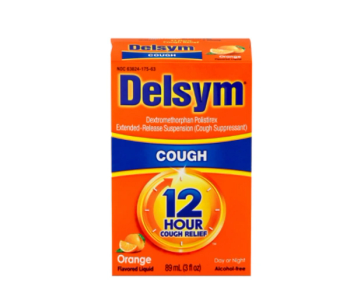
Dextromethorphan works on the part of the brain responsible for the cough reflex.

With the arrival of flu and cold season, note the differences between symptoms for both illnesses.
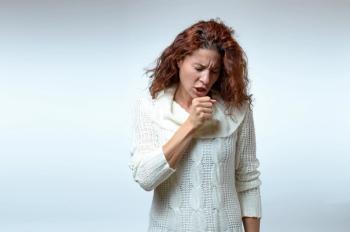
After the implementation of measures to stop COVID-19, newly detected respiratory viruses were approximately 80% lower compared to the same time period from 2015 to 2019.
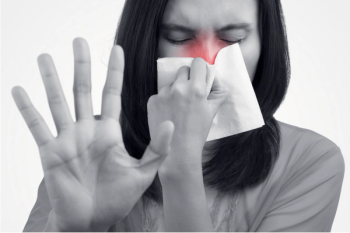
Learn how you and your staff can help patients differentiate between common cough/cold symptoms and COVID-19 while also offering additional educational resources.

Bykov recommends checking the list of active ingredients on the package and to pick a product that targets your particular symptoms.

Study shows that women have practiced preventive practices of physical distancing, mask wearing, and maintaining hygiene to a greater degree than men.
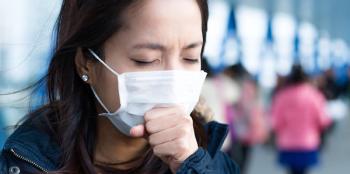
Pharmacists are likely to encounter patients seeking counsel on the use of nonprescription drugs for the symptomatic relief of some of the common mild symptoms associated with COVID-19 that may be amenable to self-treatment.

Pharmacists must be that first-line contact who can steer patients in the right direction.
